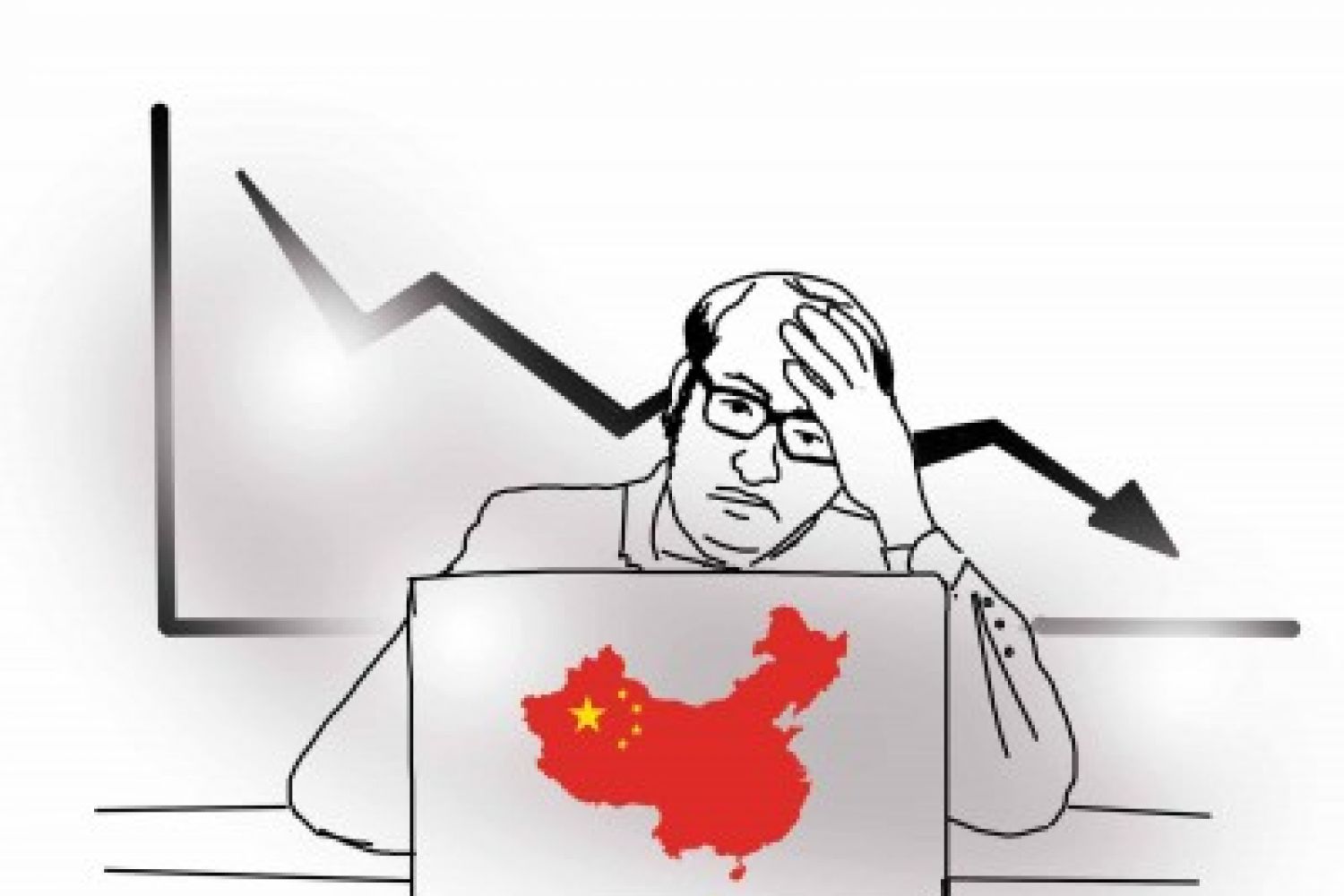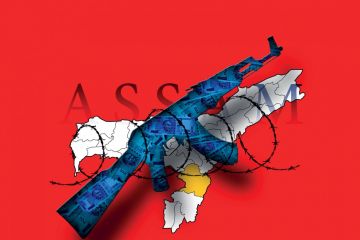
From Index of Censorship magazine. Fountain
Ink has partnered with the UK-based magazine to periodically bring
stories on assaults on free speech from around the world to readers in India.
Weiwei, a Chinese
journalist, insisted on only communicating with Index on Censorshipvia
the social media app Telegram. “It’s safer than Facebook and Weibo,” he said,
and not tapped like his phone. His messages vanished almost as soon as they
appeared. Weiwei had set
Continue reading “Keeping a step ahead of China’s censors”
Read this story with a subscription.





